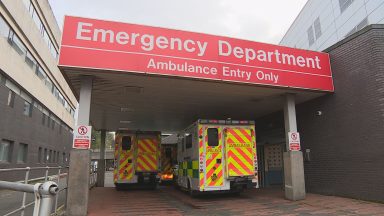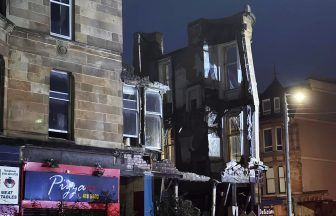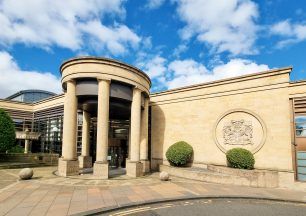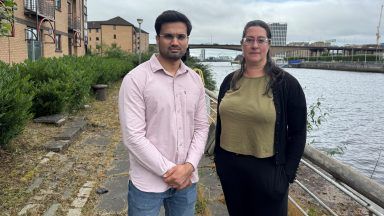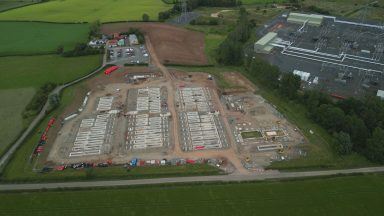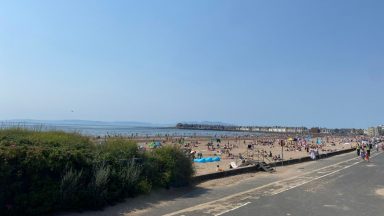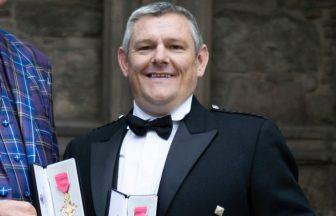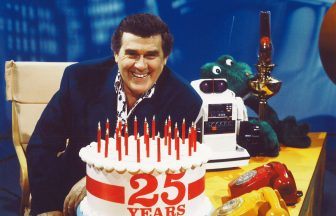Injured officers are set to launch legal action against Police Scotland following “unprecedented” violence on Bonfire Night in Edinburgh.
They claim that the force failed to provide them with adequate ear protection, despite having the equipment, leading to multiple injuries.
Police in Edinburgh were subjected to “unprecedented” levels of violence in November, with fireworks and petrol bombs launched at them in the capital’s Niddrie area.
On Tuesday, 1919 Magazine revealed that 34 officers have reported hearing issues after being targeted with fireworks.
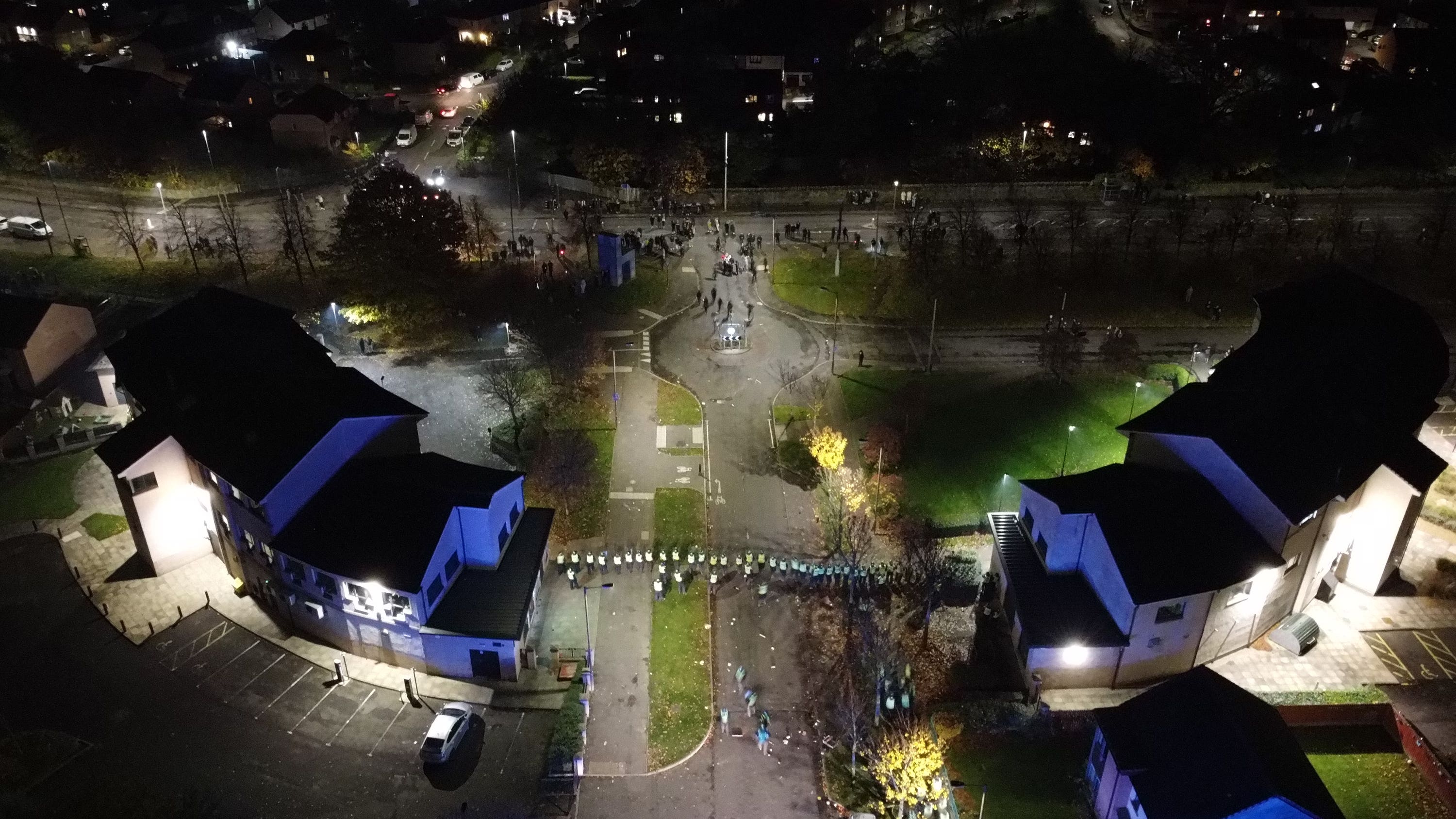 Handout
HandoutThe Scottish Police Federation (SPF), the body that represents officers, said it is working with around 20 of those affected and has sought legal advice from a personal injury solicitor on their behalf.
It is understood that the force bought around 10,000 sets of sound suppressors that were designed to protect against noise-induced hearing loss while still allowing officers to hear conversations and listen to radios.
The suppressors were not issued to officers prior to Operation Moonbeam, Police Scotland’s response to Bonfire Night, due to testing issues.
Assistant chief constable Tim Mairs, gold commander for Operation Moonbeam, confirmed the ear defenders have since been provided to officers deployed for policing Edinburgh’s Hogmanay street party, sporting events and other major operations.
“A full rollout of new noise defenders is currently under way for all police officers,” he said.
The force said that issues with hearing had been reported but added that it was unaware of formal legal proceedings at this stage.
Gordon Forsyth, the SPF’s health and safety assistant to the general secretary, told 1919 Magazine: “The cops were exposed to two to three hours of constant barrage of fireworks.
“They’re still experiencing problems. Some of them may recover, but it’s likely for a few of them it will be a permanent problem, particularly the tinnitus.
“There are some who have come back to light duties – they’re probably the worst affected. For a few of them it’s quite significant.”
New laws to ban fireworks in problem areas could go unused for a second year running after it emerged only one council in Scotland had so far put firm plans in place.
Firework control zones (FCZs) were legislated for last summer, but local authorities did not have time to implement the recommended four-month consultation period in time for Bonfire Night.
Currently Glasgow City Council is the only area that has announced a formal process, to which community submissions for FCZs must be submitted by next month.
A spokesperson for Glasgow City Council said that the control zones were part of a “suite of measures” to tackle firework issues in the area.
“FCZs will be enforced by Police Scotland and the council will oversee the process of designating zones in Glasgow in partnership with police and Scottish Fire and Rescue.”
Council leaders in Edinburgh and Dundee have spoken positively about FCZs, however, no firm plans have been launched.
A Scottish Government spokesperson said: “We are aware of a number of local authorities who are considering this.
“The Scottish Government has provided local authorities with the powers to designate firework control zones within their boundaries, and we continue to provide funding for local authorities who are considering this.”
Follow STV News on WhatsApp
Scan the QR code on your mobile device for all the latest news from around the country


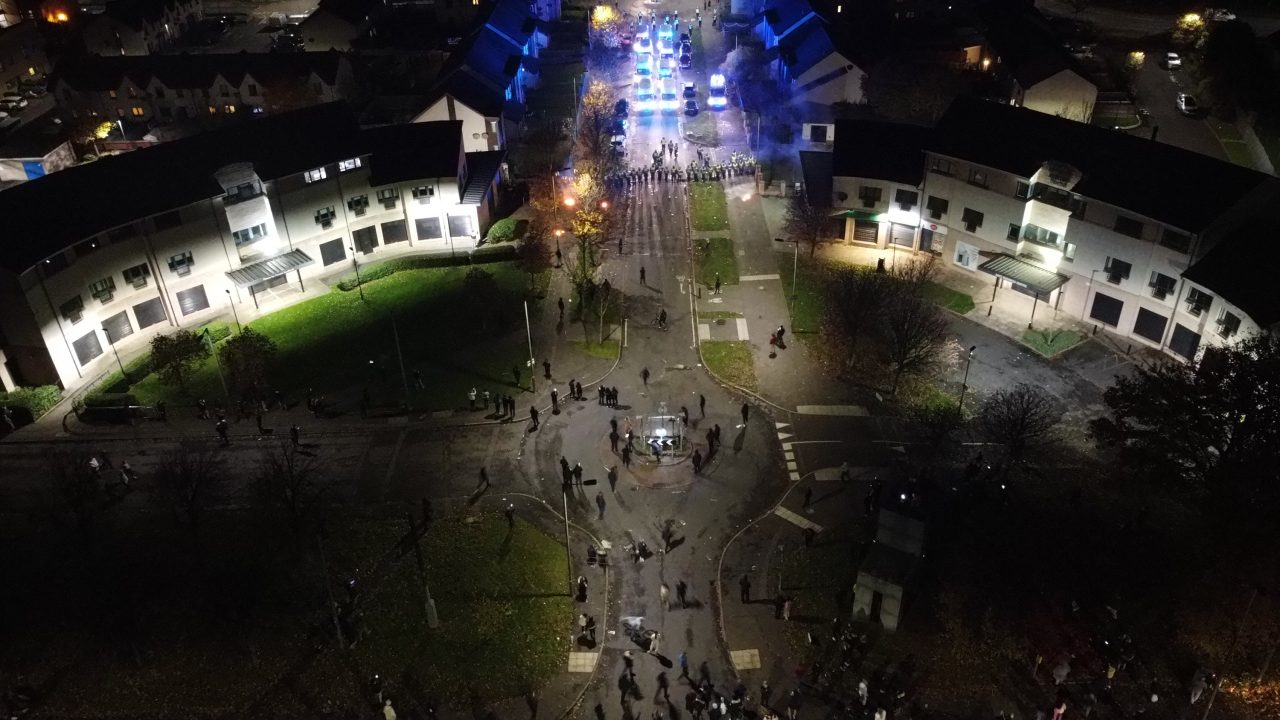 Handout
Handout